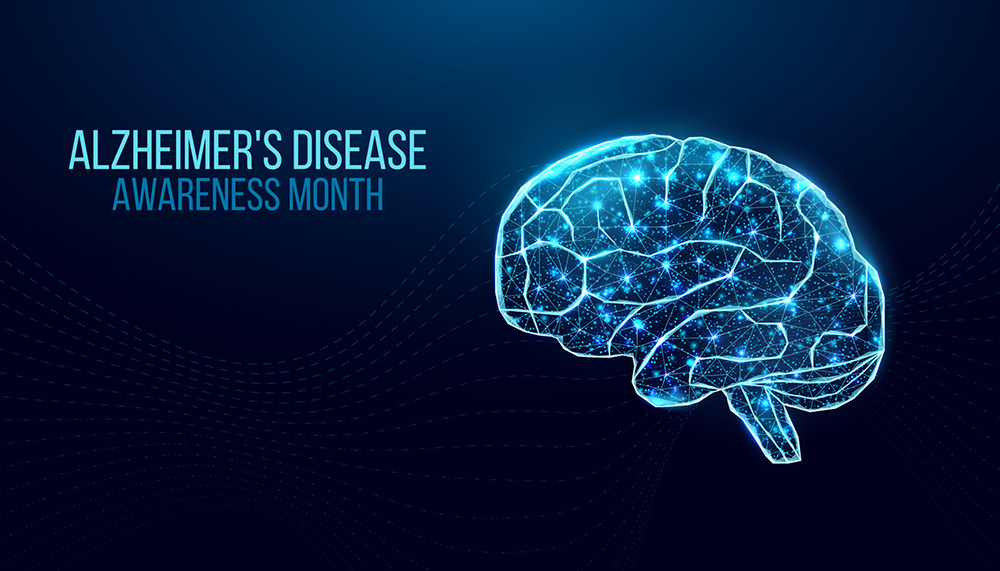Men encouraged to ‘Buddy Up’ during June campaign
Emily Plihal,
Local Journalism Initiative Reporter
Buddy Up: Help a Buddy is a month-long initiative held in June to recognize the need and promote men and their buddies having authentic conversations. Men have a suicide rate that is three times higher than that of women, and efforts are being made to reduce the high incidence of suicide.
“We sign up as a Buddy Up Champion annually and help promote the Buddy Up Campaign, which is developed by the Centre of Suicide Prevention. Buddy Up is a men’s suicide prevention communications campaign: a call to action to men, by men,” says FCSS director Amber Houle.
“Over the years we have promoted the Buddy Up Campaign in a variety of ways. We offered Suicide Prevention Kits to local companies one year, hosted Let’s CollaBREWate events, where we sponsored coffee and doughnuts and set up information booths at local spots where men naturally gather (Bumper to Bumper, St. Isidore Co-op, etc.), and we have done Kindness Campaigns to draw awareness to their cause,” she adds.
Houle says this year the group wanted to try a different approach and offer education.
“The more people know about suicide, how to identify it, and how to support people struggling, the stronger we make our communities,” she says.
“Throughout the month of June, we will be sharing both digital and printed resources to support the Buddy Up Campaign.”
Houle says they would appreciate the public’s help spreading the word about the initiative by sharing resources on personal social media pages and posting marketing materials at workplaces.
“To further promote awareness, we have some swag items available upon request, including air fresheners, stickers, infographics, and industry-specific posters,” says Houle.
“Your support can make a significant impact in our community.”
For the month, Start (training) will be provided to interested individuals to help educate them about suicide and how to recognize when someone may be considering attempting it The skills-based suicide prevention training program takes about an hour to complete and it is accessible from any computer or mobile device.
“It also offers customizable elements based on users’ profiles and needs and provides quick access to support and safety resources,” Houle says.
“Participants will learn life-saving skills to keep their family members, friends, co-workers, and others safe from suicide.”
Houle explains that mental health stigma can be a significant barrier to seeking help, especially in smaller or more close-knit communities.
“The campaign works to break down these barriers by promoting open conversations and normalizing mental health discussions,” Houle says.
“By raising awareness about suicide prevention and mental health, the campaign helps to educate the community about the signs of distress and the importance of seeking help.”
The initiative is meant to encourage people to look out for one another and to build strong support networks. Communities can be very powerful in preventing suicides and promoting mental health well-being.
“The campaign makes mental health resources more accessible to local residents, ensuring that men know where to turn for help and support,” Houle says.
“This can be crucial in areas where mental health services might be limited or difficult to access. By promoting proactive mental health practices, such as regular check-ins with friends and family, the campaign helps create a culture of care and support within the community.”
The goal of the campaign is to encourage men to talk openly about their feelings and the challenges they’re facing. It will provide practical resources, including tips on how to start conversations about mental health, strategies for coping with stress, and information on where to find professional help.
“By encouraging men to ‘Buddy Up’ with a friend, family member, or colleague, the campaign helps create a support system where men look out for each other, check in regularly, and provide mutual support,” Houle explains.
“The campaign -motivates men to take proactive steps to maintain their mental well-being, such as engaging in physical activity, maintaining social connections, and seeking help when needed.”
Emily Plihal,
Local Journalism Initiative Reporter
South Peace News






